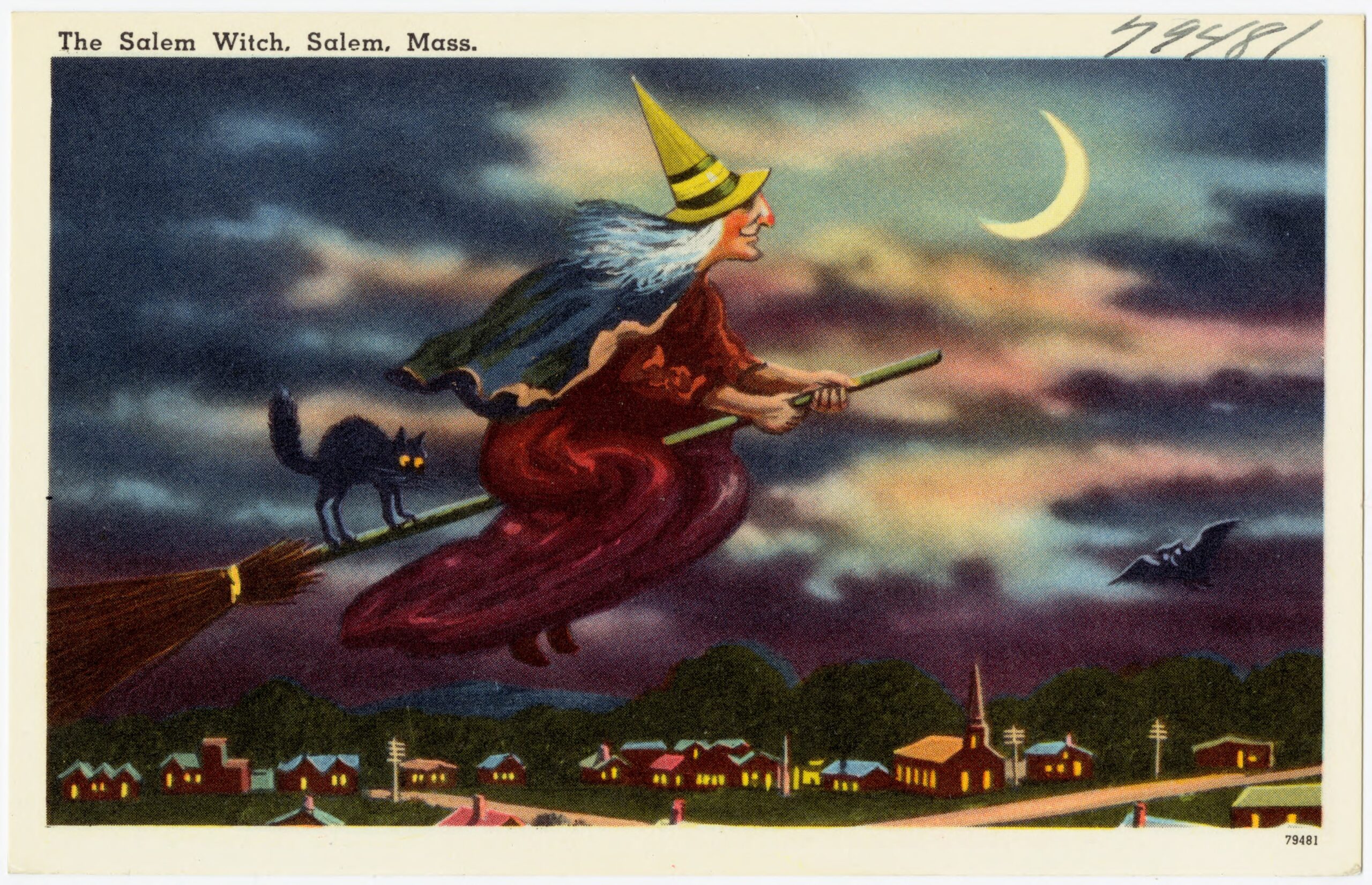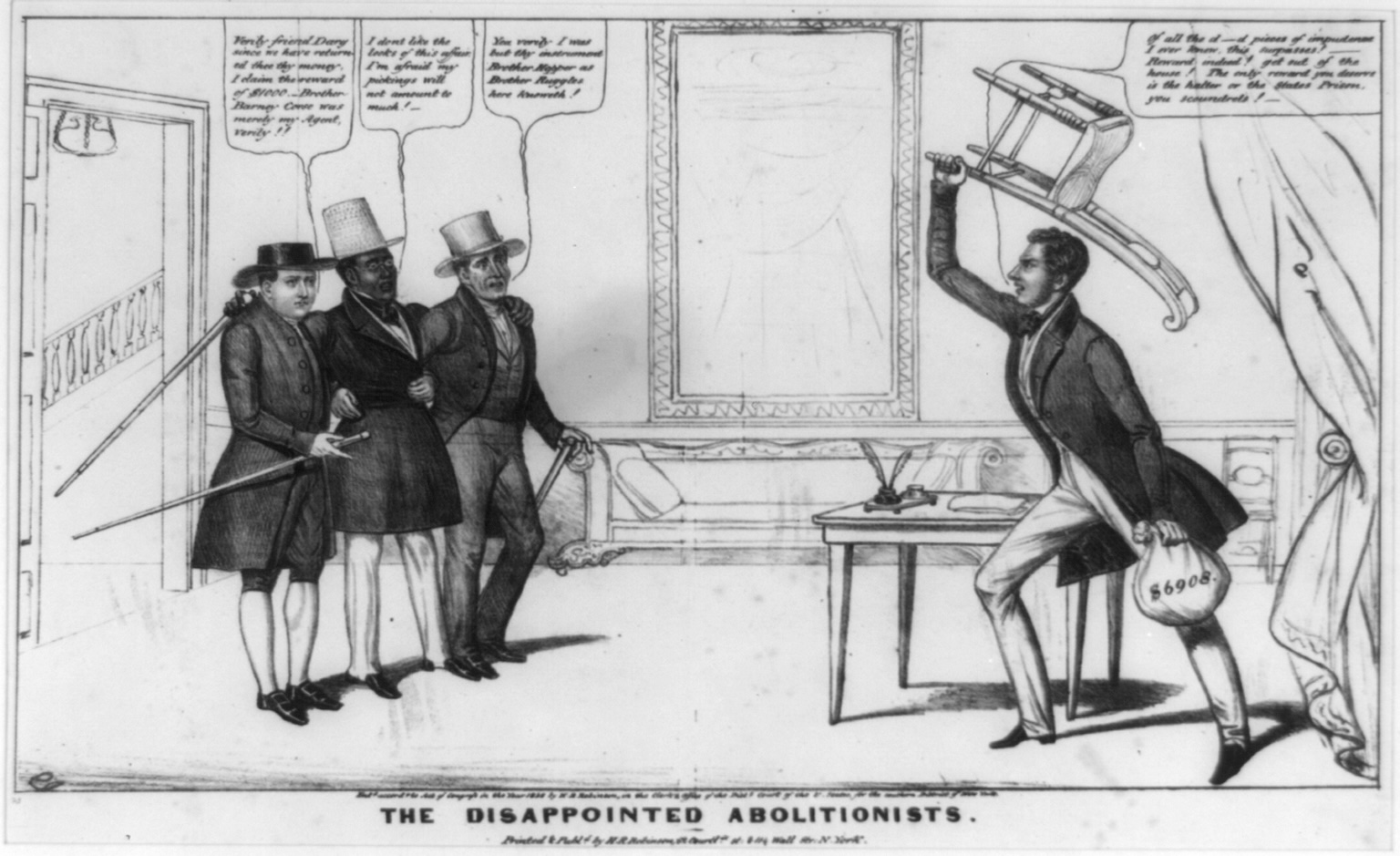“As long as we have a politics of race in America,” historian David Blight writes in his prize-winning study, Race and Reunion (Cambridge, Mass., 2001), “we will have a politics of Civil War memory.” A pretty impoverished politics, apparently, since the need for reconciliation led white Americans, North and South, to remember the war but forget that it was about slavery. “The inexorable drive for reunion both used and trumped race,” Blight argues, which goes a long way toward explaining the self-bloating Civil War re-enactors, Scarlett O’Hara impersonators, and dewy-eyed Dixie defenders journalist Tony Horwitz portrayed in his Confederates in the Attic (New York, 1998). And now–hold onto your hoop skirt and grab your space helmet–the Lost Cause has been taken up in outer space.
This September, FOX television debuted Firefly, a genre-busting sci-fi/western written by the acclaimed Joss Whedon, creator of Buffy the Vampire Slayer. Buffy, now in its sixth season, is adored as much by girls who begged for the latest Barbie for Christmas as by graduate students disappointed not to find the unabridged OED under the tree. But Firefly struggled mightily, and, in the end, futilely, to find its audience, and I’ve yet to meet a historian–okay, or really, anyone other than me–who actually watched it, but it’s still worth pondering. “Set 500 years in the future in the wake of a universal civil war” between a loose confederation of secessionist planets and the “Alliance” (a global U.S.-China superpower), Firefly chronicles the adventures of a ragtag crew of civil war veterans and carpetbaggers, led by Captain Mal Reynolds, “a defeated soldier who opposed the unification of the planets by the Alliance to no avail.”

Firefly‘s Lost Cause allegory is not subtle. Its actors drawl their drawl (“I reckon it’s a red asteroid!”). They wear boots and suspenders and corsets and, yes, hoop skirts. The show’s musical score sounds like something Ken Burns commissioned. And Mal, thrown out of a two-bit saloon on a barren dusty, Alliance planet, is prone to cry, “We shall rise again!”
Why? In the early 1980s, Whedon, now thirty-eight, was an undergraduate student of Richard Slotkin’s at Wesleyan. Beginning with the publication of his Regeneration through Violence (Middletown, Conn., 1973), Slotkin, a literary critic and sometime novelist, has persistently emphasized the importance of the frontier, and of frontier violence, in the American imagination. Firefly swallows this notion whole while taking literally the Jack Kennedy/Gene Roddenberry notion that space is the final frontier. But Firefly’s frontier is more Southern than Western, more Jefferson Davis than John Wayne.
Whedon has a weird way of explaining all of this. “Mal’s politics are very reactionary and ‘Big government is bad’ and ‘Don’t interfere with my life,'” Whedon told the New York Times. “And sometimes he’s wrong–because sometimes the Alliance is America, this beautiful shining light of democracy. But sometimes the Alliance is America in Vietnam: we have a lot of petty politics, we are way out of our league and we have no right to control these people. And yet! Sometimes the Alliance is America in Nazi Germany. And Mal can’t see that, because he was a Vietnamese.”
Huh? Add to Whedon’s dizzying defense that sometimes, most of the time, the Alliance is the Union, which begs the question, what happened to Mal’s slaves? There are slaves in Firefly‘s universe, exploited laborers in shantytowns on miserable planets and fugitives in renegade maroon communities on the outskirts of cities, all of whom Mal takes pains to aid (although not to liberate). But if there’s slavery in Firefly‘s universe, there’s no such thing as race. In the venerable tradition of Star Trek, the Serenity, Mal’s rusting, creaky spaceship, is a kind of multicultural Noah’s Ark. Hell, everything dun gone galactical, as the captain might complain–except that when Mal curses, he curses in Mandarin.
Whedon embraces television as a force for social change. “It’s better to be a spy in the house of love, you know?” he told the New York Times. “If I made ‘Buffy the Lesbian Separatist,’ a series of lectures on PBS on why there should be feminism, no one would be coming to the party.” Okay, Buffy’s a feminist, but what’s the point of Firefly? “Yes, it’s a space show, but it’s also an intellectual drama about nine underdogs struggling in the moral chaos of a postglobalist universe,” Whedon says. “It’s about the search for meaning.” Danger, Will Robinson! A search for meaning set in an imagined universe that serves as an allegory for the post-Civil War American South but which fails to wrestle with the legacy of slavery?
In December, FOX moved to cancel Firefly, citing lackluster ratings. Fans have launched a campaign to have the series picked up by another network (Hello, PBS?) but it’s probably a lost cause. Still, it raises the question: if Joss Whedon, spy in the house of love, isn’t willing or able to wrestle with the legacy of slavery, who is? In the last few years, activists and journalists investigating the debate over reparations have had much to say on the matter. Consider the special eighty-page magazine pullout section of the Hartford (Conn.) Courant, published last September, and tellingly titled “Complicity.” Meanwhile, some professional historians have urged against specifically moral engagement with the issue. “Historians should attempt to put some distance between scholarship and the values of the society in which he or she functions,” writes David Eltis, in The Rise of African Slavery in the Americas (Cambridge, Eng., 2000). If we “condemn what happened in the past . . . on the basis of modern values,” then we’ll never truly “understand the past.” Another approach, taken by scholars like David Blight and Marcus Wood, is to track how, why, and when slavery moves in and out of our range of vision. Wood, in Blind Memory (New York, 2000), his stunning study of the visual representation of slavery, argues that “the act of ignoring conforms to a state of willed blindness.” If the past is a foreign country, in other words, historians have an obligation to take their readers beyond the usual tourist destinations.
No doubt it was too much to ask of Firefly that its post-Confederate galaxy tackle emancipation and reconstruction. As the historian Walter Johnson has written in Soul by Soul (Cambridge, Mass., 1999), a landmark book on the antebellum slave market, “When slavery was over and the slave market was closed, former slaves and slaveholders alike found themselves marooned on a shoal of history.” A century and a half of post-emancipation American race relations demonstrate that the shoals of history are a wretched place to shipwreck–a final frontier from which no ship called Serenity has much hope of dislodging us.
This article originally appeared in issue 3.2 (January, 2003).



















